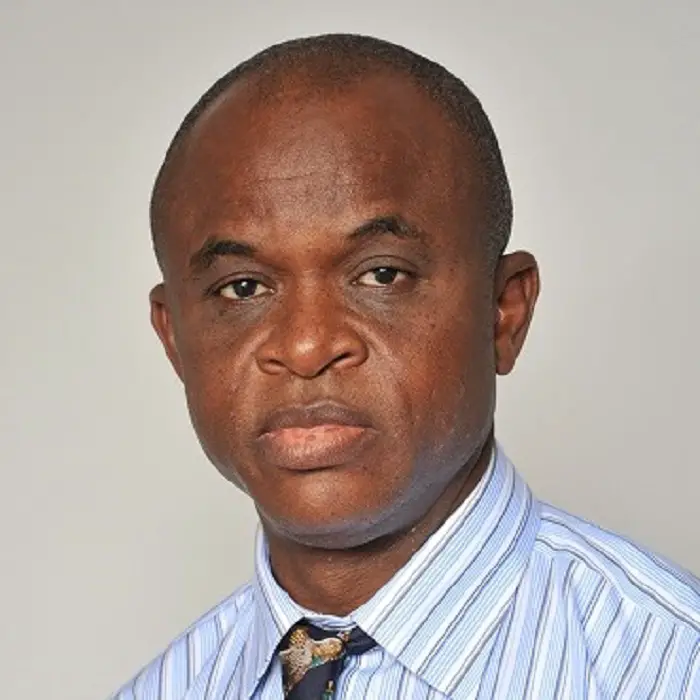Incorporated on December 15, 2006 as a private limited liability company under the Companies Code, 1963, Act 179 and granted a certificate to commence business on December 18, 2006.
GRIDCo was established in accordance with the Energy Commission Act, 1997 (Act 541) and the Volta River Development (Amendment) Act, 2005 Act 692, which provides for the establishment and exclusive operation of the National Interconnected Transmission System by an independent Utility and the separation of the transmission functions of the Volta River Authority (VRA) from its other activities within the framework of the Power Sector Reforms. The company became operational on August 1, 2008 following the transfer of the core staff and power transmission assets from VRA to GRIDCo.
However, Ghana’s electricity penetration is among the highest in the region. That has come as a result of policies adopted by the Ghanaian government, especially rural electrification. The demand for electricity in Ghana grows about 12% every year, meaning at least 200 additional megawatts are required every year. Ghana is a developing country and cannot add the 200MW of power on its own. That calls for large-scale foreign investment.
In addition to this, Ghana is linked to other countries in the region by the West Africa Power Pool such as Ivory Coast and, by extension, Burkina Faso. On the other side, the country is linked to Togo and Benin. There are technical problems that impede the nation from linking with Nigeria, but it will eventually be done. If you invest in Ghana, you have the potential to export power to any part of the sub-region. Ghana is the destination for power investment.
Disruption in the supply has a hugely detrimental impact on the country given that there are certain power plants in Ghana that run on gas only resulting to so many competitors for Nigerian gas.
Once the gas is available from Ghana, the nation will allocate it directly to its power plants, especially in the western region. Gas production will also generate savings, because of decreased fuel costs. With these savings, Ghana can improve its systems, as gas, generators will last longer, as they will be needed less, so maintenance costs will go down. For many reasons, Ghana Gas will be very good for Ghana.
Nevertheless, Ghana is not going to be without the need of the Nigerian gas completely. Not all the plants here in Ghana can be supplied fully by Ghana gas, especially because Ghana will have additional generation in the years ahead.
In the meantime, Ghana has received commitments for an additional 2,000MW from many people who want to set up new power plants in the western region. Ghana gas will not be enough for that and the nation hopes there will be bigger finds.
So Ghanaians will still be dependent on Nigerian gas. However, Ghana gas will ensure that some of the plants will always be on. Once that is done, it will be easy to build hydro resources, because once you have gas supplies, you don’t drain the dams too much, so it will help the country save water.
As part of this, the Electricity Company of Ghana is supposed to settle all of its debts. We are going to capitalize on that. Once we are able to get all the money we are owed by the ECG, we will use that to invest in the major projects we have lined up. Between Tema and Accra we have a number of overloaded lines.
We will use this money to ensure we have a more robust system. We want to ensure that when there is new power generation, we are able to transmit it efficiently and effectively straight away. We don’t want a situation where new power plants are ready but our facilities are not. We are trying to get money from everywhere to ensure we expand the system to meet increased supply and demand.
We definitely need 200 extra megawatts every year, as I said earlier. One aspect of our power generation is that we have a large hydro-based portion. This is not always reliable, as rainfall can change. Sometimes we expect inflows into the system that don’t come. Assuming hydro can fail, you must follow other strategies.
As part of the plan, we are looking at the type of generators in use and the correspondent fuel usage. That is very key for us. We are also interested in renewables, like solar. Two companies have interacted with us, wanting to do very large solar projects. There should be some concrete announcements on one of these projects soon.
At GRIDCo, we consider solar as reliable power storage for hydro. During the day, you can use the solar, and save water from hydro. That is why we are amenable for solar to coming into the system. When solar investors approach us, we conduct a grid impact study, to see what the benefits will be for our system. We think the benefits of solar for our country are potentially very big and we welcome interest in this area.
We have interacted with a number of British companies over the years in consulting and construction. In fact, some British companies are currently constructing some new substations and lines for us. We like the quality they bring to us as a country and as a company.
GRIDCo never existed until 2008. It was the transmissions department in the Volta River Authority. I am one of the most experienced transmission engineers in Ghana. I have worked as an assistant engineer, senior engineer, principal engineer, and manager.
Then I moved to director of technical services. I have worked in the grid system 80% of my working life. I used to be a commission engineer. All the sub-stations that were built from 1989 to 2005, I was the commission engineer, so I am well versed in the grid system.

Leave a Reply